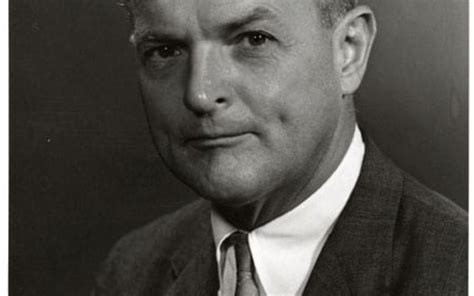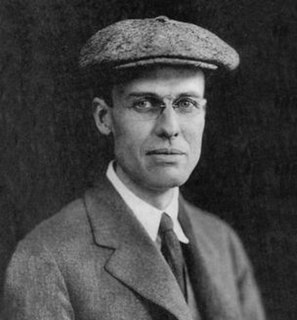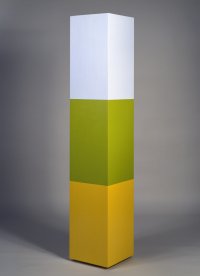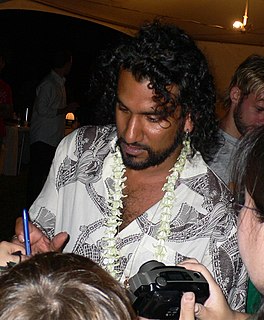A Quote by Oscar Wilde
Varnishing is the only artistic process with which Royal Academicians are thoroughly familiar.
Quote Topics
Related Quotes
"It is essential to understand this point thoroughly: that the thing-in-itself, whether animal, vegetable, or mineral, is not only unknowable-it does not exist. This is important not only for sanity and peace of mind, but also for the most "practical" reasons of economics, politics, and technology.. This is not to say only that things exist in relation to one another, but that what we call "things" are no more than glimpses of a unified process. Certainly, this process has distinct features which catch our attention, but we must remember that distinction is not separation."
It may be that the only reason childhood memories act on us so strongly is that, being the most remote we possess, they are the worst remembered and so offer the least resistance to that process by which we mold them nearer and nearer to an ideal which is fundamentally artistic, or at least nonfactual.
Quite generally, the familiar, just because it is familiar, is not cognitively understood. The commonest way in which we deceive either ourselves or others about understanding is by assuming something as familiar, and accepting it on that account; with all its pros and cons, such knowing never gets anywhere, and it knows not why.... The analysis of an idea, as it used to be carried out, was, in fact, nothing else than ridding it of the form in which it had become familiar.
In order to translate a sentence from English into French two things are necessary. First, we must understand thoroughly the English sentence. Second, we must be familiar with the forms of expression peculiar to the French language. The situation is very similar when we attempt to express in mathematical symbols a condition proposed in words. First, we must understand thoroughly the condition. Second, we must be familiar with the forms of mathematical expression.







































